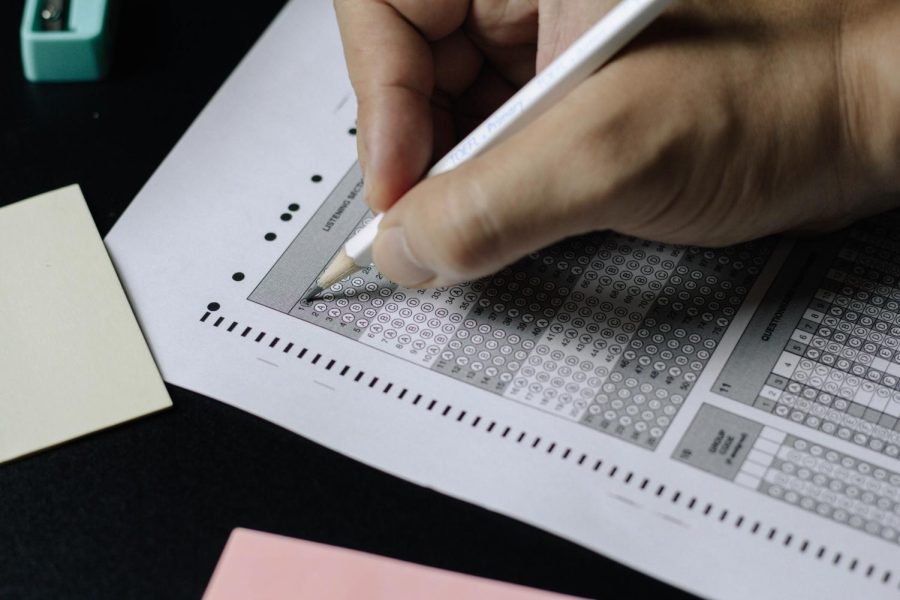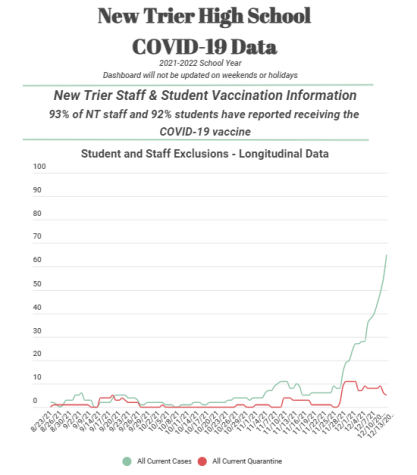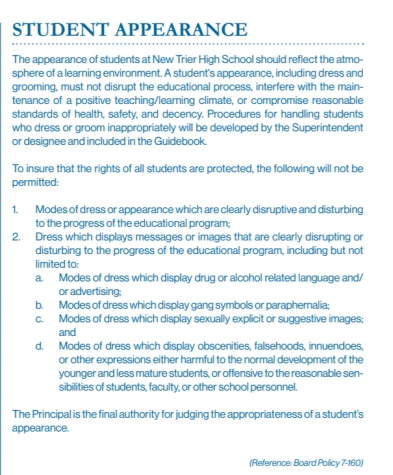Why we don’t like standardized tests
April 11, 2022
As we are approaching the peak of our high school years, concerns about colleges, grades, and test scores are brewing in many students’ minds. The time to culminate all of our knowledge and all of our hard work and establish ourselves as “smart” is on the horizon. But what happens when the test doesn’t go as we intended and we are branded as “dumb”?
The pressure that society puts on performing well on standardized tests is exhausting, as we all know. It involves reading dense textbooks, then traveling to far away high schools- often during the weekends that are meant for a student’s personal time. This is injurious for students because it diminishes their time, hobbies, and personal interests for the sake of one purpose: studying. It’s healthy and necessary to have a personal life outside of school where people can enjoy unique interests and hobbies that are not academic or relevant to school. Without these, students are stripped of any personal identity and their worth is accumulated into a number; the score they receive on a standardized test.
Furthermore, when people don’t do well on a test they have spent months preparing for and nights losing sleep over, they become not only frustrated, but insecure in their abilities. Taking standardized tests is a skill like gardening, or sewing. Some people naturally excel in it, others don’t.
Essentially, these tests condense the immense power of the human mind into memorizing extensive mathematical algorithms or pretentious words to later whip out in timed essays. According to the Duke Youth Voice from Duke University’s young writer’s camp, standardized testing “is dehumanizing and ineffective at its core, rewarding students who are good test takers and penalizing those who think creatively and critically, or who think differently than the test producers. Even open-ended response questions, which at first glance seem as if they involve greater amounts of individual thinking and creativity, are often graded by machines only looking for the correct format, grammar, and information.” So why are we, as a society, punishing students for not being blessed with these stale abilities and applauding those who, by a mere chance, are blessed with them?
Additionally, people from wealthier neighborhoods will have a large advantage in performing well on standardized tests through greater resources such as school counselors, additional college counselors, better textbooks, and the opportunity to take the test more than once, unlike students of lower social classes. Moreover, wealthier students are more likely to have parents who received higher education, and thus have experience taking a standardized test. According to the Washington Post, “A student with a parent with a graduate degree, for example, on average scores 300 points higher on their SATs compared to a student with a parent with only a high school degree.” A parent can help their student study if they have taken a standardized test, discuss what’s on the test, and pay for tutors to get their child ahead. This creates an impassable barrier between people who are fortunate enough to afford these assets and people who aren’t. Not to mention, the people who are able to pay for other students to impersonate them and take the test for them. Though this is an extreme example it is still accessible for typically wealthier people and not an option for the majority of students taking standardized tests.
We, as students, may be proud or dissatisfied with our scores, but ultimately we still have to trudge through this obligatory cause. And though society puts an emphasis on scores, grades, and triumphs; there is much more to the human mind than a number out of 36, and luckily; we have plenty of time to discover it.








